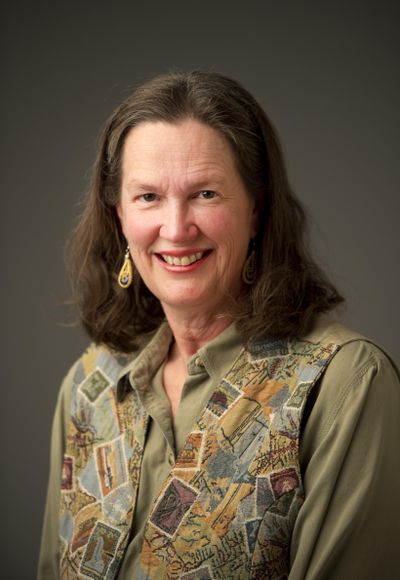Sue Lani Madsen: Voters can fix Washington Supreme Court’s reputation for partisanship

Judicial reform may finally get traction thanks to the charter schools ruling.
A 2008 reform effort was led by conservatives, and Democrats called it an effort to politicize the court. Now that the court has gored charter schools in a 6-3 decision , the criticism is coming from both sides.
The court rejected a request to reconsider filed by Democratic Attorney General Bob Ferguson, who pointed out how the court had misread the law. All four former attorneys general, Democrat and Republican alike, signed on to the brief in support of Ferguson. According to former Attorney General Rob McKenna, speaking on the same panel, the court’s decision was outcomes-based rather than law-based. Now the push for reform has become a bipartisan cause.
Our system was designed to keep the selection of judges out of the hands of the executive and legislative branches of government. State Supreme Court judges must stand for election every six years and have a mandatory retirement age, but incumbency inertia is a problem.
What’s more, judges have been known to select the timing of their retirement to allow the governor to make an appointment to fill out the term, allowing the appointee to run as a favored incumbent. In a state that has essentially been under one-party rule for the last 30 years, these appointments have driven the court ideologically left.
There is a movement underway to block such gaming of the system by eliminating the appointment process. The court would function with temporary substitutes, as it does now when judges must recuse themselves. The people would select a new judge at the next general election. This change in the rules would maintain judicial independence no matter which party holds the governor’s office.
The problem with elected judges is they have to raise campaign funds, and money creates the appearance, if not the fact, of favoritism. Seven of the nine sitting justices received maximum donations from the Washington Education Association, one of the plaintiffs in both the charter schools and McCleary school-funding cases. Justice Susan Owens also received $50,000 from the teachers union in her technically independent campaign PAC. The fact that a majority of the court had the same conflict speaks to both the lack of diversity on the court and the need for campaign finance reform in judicial elections.
Whether they made the right decisions or not, they made a bad decision when they did not recuse themselves and step aside from hearing the cases of a major campaign donor. Justice at Stake, a national nonpartisan group seeking to uphold judicial integrity, advocates for stronger recusal rules. Their polls show “85 to 90 percent of the public believe that judges should not hear cases involving major campaign supporters, and three in four Americans believe campaign assistance might affect a judge’s courtroom decisions.”
The bad news is that it’s difficult to hold a judge accountable for bad decisions, other than handing out a defeat at the next election. The good news is only one has to be defeated to make an impression on the others. Justice Mary I. Yu, Justice Charles K. Wiggins and Chief Justice Barbara Madsen (no relation) are up for re-election this year. This is a good time for a lesson in accountability.
Former U.S. Sen. Slade Gorton, who served as Washington’s attorney general from 1969 to 1981, chairs a bipartisan group of legal experts dedicated to evaluating judicial candidates on competency and not issues. Their ratings and endorsements can be found at VotingForJudges.org for elected judges at every level of the courts. If you think judges should not decide cases presented by plaintiffs who are also campaign donors, check out the candidates and make your own move to reform the court in 2016.
Sue Lani Madsen can be reached at rulingpen@gmail.com or on Twitter: @SueLaniMadsen.